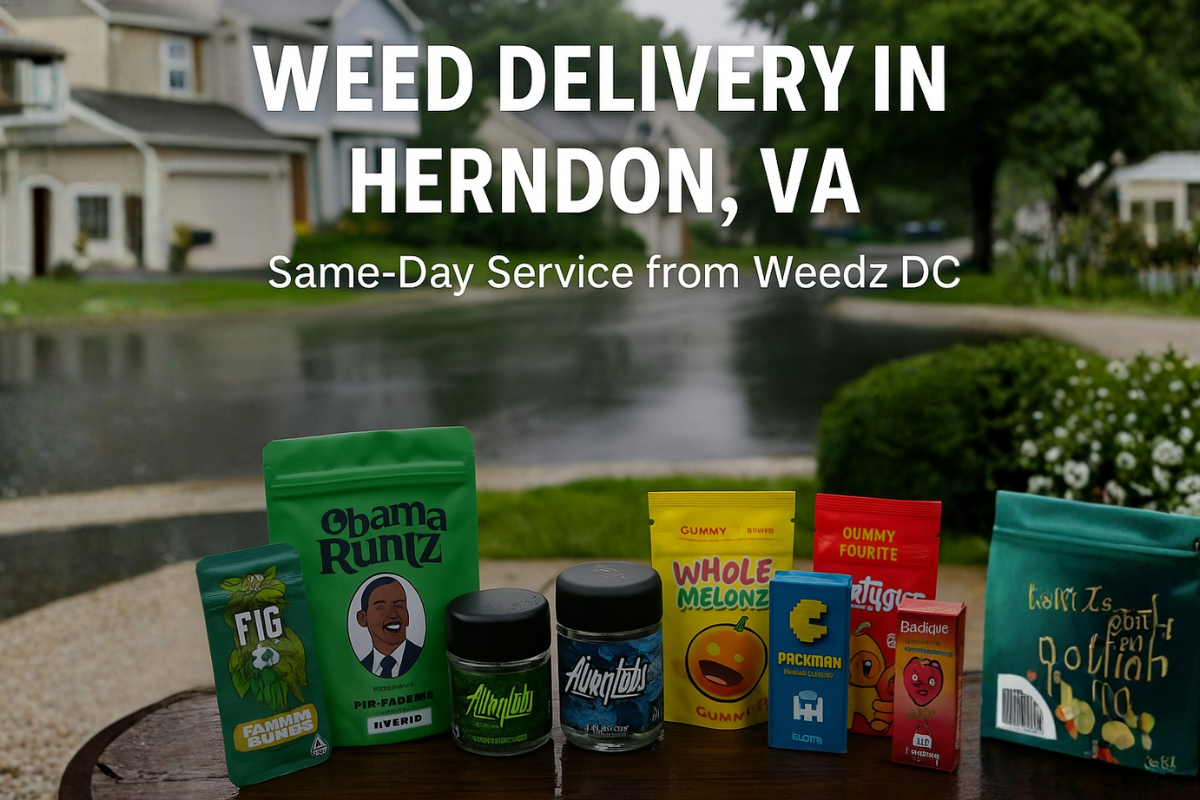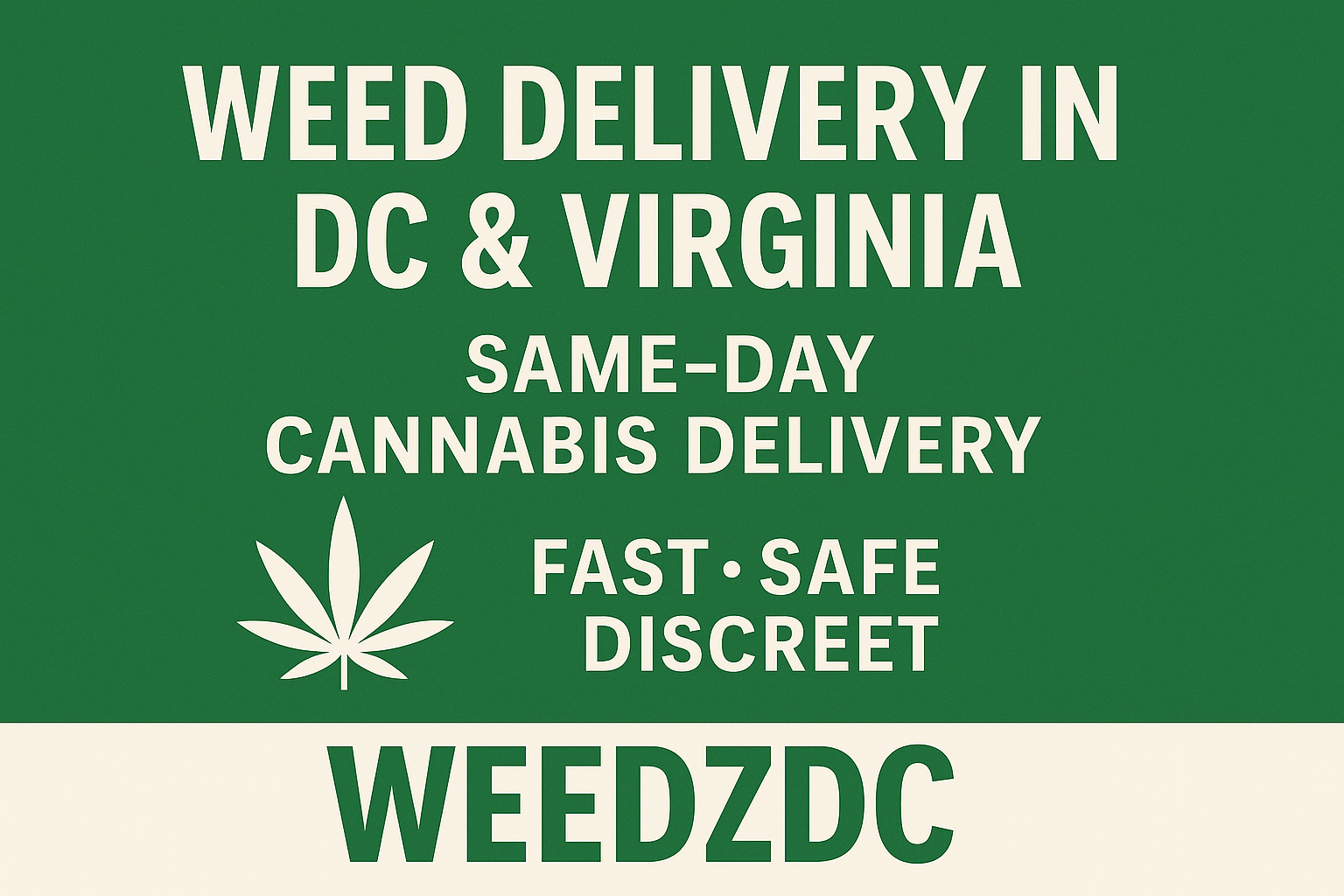The world of edibles offers a unique and potent way to experience the benefits of cannabis. However, navigating this terrain sometimes leads to overconsumption, leaving individuals seeking advice on how to recover from edibles. This piece aims to equip you with the fundamental understanding and practical steps to manage and recover safely from the effects of edibles.
Understanding Edibles
What Are Edibles?
Edibles, which encompass a wide range of cannabis-infused foods and beverages, present users with a discreet and convenient method of cannabis consumption. The digestive process converts THC, the psychoactive compound in cannabis, into a more potent form, resulting in longer-lasting and sometimes more intense effects compared to smoking or vaping. This unique aspect of edibles underscores the importance of understanding proper dosage and consumption methods to ensure a safe and enjoyable experience.
Effects on the Body
When individuals consume edibles, they should be aware that the effects may not be immediately felt, often taking between 30 minutes to 2 hours to kick in. It's essential to recognize that the peak of the effects can endure for several hours, leading some to believe they need more mistakenly. Consequently, this delayed onset can result in overconsumption, posing risks to one's well-being and potentially leading to uncomfortable experiences.
Tips On How to Recover from Edibles
Understanding Your Dosage
Beginning the journey to recover from edibles involves a crucial step of comprehending your dosage, as edibles can exert a potent impact and typically have a delayed onset compared to other consumption methods. Understanding the quantity of THC consumed enables a better assessment of the experience's intensity and aids in planning recovery strategies accordingly. Being mindful of your intake empowers you to navigate the journey with greater awareness and control over the effects.
Stay Hydrated
Staying hydrated is essential during the recuperation process from consuming edibles. THC, the active ingredient in edibles, can cause dehydration, intensifying any unpleasant sensations. Opting for water or drinks high in electrolytes not only helps replenish lost fluids but also assists in eliminating toxins from your body, promoting a smoother recovery experience.
Find a Calm Environment
By creating a tranquil atmosphere, you can effectively reduce the overwhelming effects of consuming edibles. Lowering the lights, playing gentle music, and settling into a cozy spot can help ease your mind and body as it metabolizes the cannabinoids. Providing yourself with a serene environment promotes relaxation and aids in managing any discomfort experienced during the high.
Practice Deep Breathing
Engaging in deep breathing exercises can provide significant relief while dealing with anxiety and facilitating relaxation throughout the recovery journey. Concentrating on inhaling slowly and profoundly aids in soothing the nervous system and alleviating sensations of panic or discomfort. Incorporating these practices into your routine can foster a feeling of calm and boost overall well-being during the recovery from edibles.
Engage in Light Physical Activity
During the recovery process, it's important to avoid vigorous exercise, as it may exacerbate symptoms; however, containing light physical training in your practice can be helpful. Activities like going for a leisurely walk or practicing gentle yoga can help boost blood circulation and enhance feelings of well-being. These gentle movements can also alleviate tension in the body and promote a state of relaxation, aiding in the recovery process from edibles.
Reach for CBD
CBD, short for cannabidiol, is renowned for its ability to alleviate the psychoactive impacts induced by THC. Incorporating a CBD product into your regimen when confronted with an overwhelming edible high can effectively diminish its potency, restoring a sense of balance and calmness. By leveraging the balancing properties of CBD, you can navigate the intensity of the experience with greater ease and find equilibrium.
Nourish Your Body
Fueling your body with a balanced diet comprising nutritious foods can significantly facilitate the recovery process. Choosing light and easily digestible meals packed with a mixture of fruits, vegetables, and lean proteins ensures your body receives essential nutrients essential for replenishing energy and supporting overall well-being. Incorporating these healthy choices into your diet not only aids in recovering from the effects of edibles but also promotes long-term health and vitality.
Get Plenty of Rest
Rest is crucial for recovering from the effects of edibles as it allows your body to metabolize the cannabinoids and restore their balance efficiently. Ensuring an adequate amount of sleep and dedicating time to relax helps expedite the recovery process by allowing your body to recuperate fully. Prioritizing rest allows your body to reset and return to its natural state of equilibrium more swiftly after consuming edibles.
Seek Support if Needed
If you find yourself overwhelmed by the effects of edibles or facing intense discomfort, it's crucial to prioritize your well-being. Don't hesitate to reach out to a supportive friend or family member who can offer comfort and understanding during this time. Additionally, seeking guidance from a healthcare professional can supply helpful insights and services in addressing your situation effectively.
Understanding the Effects of Edibles
Edibles are cannabis-infused products that can include various forms, such as gummies, brownies, or beverages. Unlike smoking or vaping, consuming edibles leads to a delayed onset of effects, typically ranging from 30 minutes to 2 hours after ingestion. Understanding the impact of edibles involves recognizing that they can be more potent and longer-lasting compared to other methods of cannabis consumption.
Key Points
- Edibles are processed differently by the body compared to smoking or vaping, resulting in a slower onset of effects.
- The potency of edibles can vary widely, depending on characteristics such as dosage, individual tolerance, and metabolism.
- The consequences of edibles can last significantly longer, often lasting for several hours or even up to 12 hours in some cases.
- It's essential to begin with a low quantity and wait patiently for the products to kick in before considering additional consumption to avoid overconsumption and potential adverse reactions.
How THC Affects the Body
THC, or tetrahydrocannabinol, is the immediate
psychoactive combination in cannabis accountable for its intoxicating effects. When consumed, THC interacts with the body's endocannabinoid system, especially binding to cannabinoid receptors in the brain and nervous system. These relations can lead to various consequences, including ecstasy, leisure, altered perception of time, and changes in sensory perception.
Key Points
- THC binds primarily to cannabinoid receptors known as CB1 receptors, which are focused on areas of the brain associated with understanding, memory, and motor coordination.
- Activation of CB1 receptors by THC can lead to the liberation of neurotransmitters such as dopamine, which contributes to the euphoric effects commonly associated with cannabis consumption.
- In addition to its psychoactive effects, THC also has potential therapeutic benefits, including pain relief, nausea suppression, and appetite stimulation.
- The intensity of THC's effects can vary depending on characteristics such as dosage, personal tolerance, and the company of other cannabinoids or terpenes in cannabis development.
Factors That Influence How Edibles Affect the Body
Several factors can influence how edibles affect the body, including individual differences, product potency, and consumption habits. Comprehending these characteristics can help individuals make informed decisions and mitigate potential risks associated with edible consumption.
Key Points
- Dosage: The amount of THC and other cannabinoids present in the edible plays a significant role in determining its effects. Higher doses are more likely to result in stronger and longer-lasting impacts.
- Metabolism: Unique distinctions in metabolism can affect how quickly THC is absorbed and processed by the body. Factors such as age, weight, and overall health can influence metabolism rates.
- Tolerance: Regular cannabis consumers may develop tolerance to THC over duration, needing higher doses to achieve the desired effects. Conversely, occasional users or those new to cannabis may be more sensitive to lower doses.
- Food Intake: Consuming edibles on an expressionless stomach can lead to more rapid absorption and potentially more intense effects. Eating a meal before or alongside edible consumption can help slow down absorption and mitigate the risk of overconsumption.
Natural Remedies for Recovery
Incorporating natural remedies into your recovery process can offer a comprehensive approach to nurturing both your body and mind. By integrating practices such as herbal teas, aromatherapy, and mindfulness meditation, you can enhance your overall well-being and promote a sense of balance. These natural methods can complement conventional treatments, fostering a holistic approach to healing and promoting long-term wellness. Here are some effective options to regard:
- Herbal Supplements: Certain herbs have traditionally been used to aid in recovery. For example, chamomile is known for its calming effects and can help reduce anxiety and promote relaxation. Ginger is another powerful herb with anti-inflammatory properties that can help soothe digestion and ease discomfort.
- CBD Products: Cannabidiol (CBD) has gained popularity for its potential therapeutic benefits, including reducing pain, inflammation, and anxiety. CBD products such as oils, capsules, and edibles can be incorporated into your recovery routine to promote relaxation and support overall well-being.
- Meditation and Mindfulness: Practices like meditation and mindfulness can help calm the mind, reduce stress, and promote emotional healing. Taking a few minutes each day to engage in mindful breathing or guided meditation can provide a sense of peace and clarity during the recovery process.
- Aromatherapy: Essential oils derived from plants have been used for centuries to promote healing and relaxation. Scents like lavender, eucalyptus, and peppermint can be diffused or applied topically to help alleviate tension, promote better sleep, and enhance overall well-being.
- Nutritional Support: Eating a balanced diet rich in nutrient-dense foods can support your body's natural healing processes. Include plenty of fruits, vegetables, whole grains, lean proteins, and healthy fats in your meals to provide essential vitamins, minerals, and antioxidants.
- Hydration: Staying hydrated is crucial for recovery, as it helps flush toxins from the body, support digestion, and maintain overall health. Aim to drink plenty of water throughout the day, and consider incorporating hydrating beverages like herbal teas and coconut water into your routine.
FAQs
Can I overdose on edibles?
While it's rare to overdose on THC alone, consuming excessive amounts of edibles can lead to highly uncomfortable experiences. It's essential to start with a low dosage and gradually increase as needed.
How long do the effects of edibles last?
The duration of edibles' effects can vary depending on factors such as dosage, metabolism, and individual tolerance. Generally, effects can last anywhere from 4 to 12 hours.
Can CBD help counteract the effects of THC?
Yes, CBD has been shown to mitigate the psychoactive effects of THC and promote a more balanced experience. Incorporating CBD products can help temper the intensity of an edible high.
What should I do if I'm feeling anxious or paranoid after consuming edibles?
Practice relaxation techniques such as deep breathing, engage in calming activities and consider reaching for CBD to help alleviate anxiety and paranoia.
Is it safe to consume alcohol while recovering from edibles?
Mixing alcohol with edibles can amplify the effects of both substances and lead to increased impairment. It's best to avoid alcohol until the effects of the edibles have fully subsided.
How can I prevent discomfort when consuming edibles?
Start with a low dosage, wait for the effects to fully kick in before consuming more, and avoid consuming on an empty stomach. Taking these precautions can help minimize discomfort.
Conclusion
Recovering from edibles can be a challenging experience, but with the right approach and mindset, it's entirely manageable. By following these essential tips and guidelines, you can navigate the journey back to equilibrium with ease and confidence.








